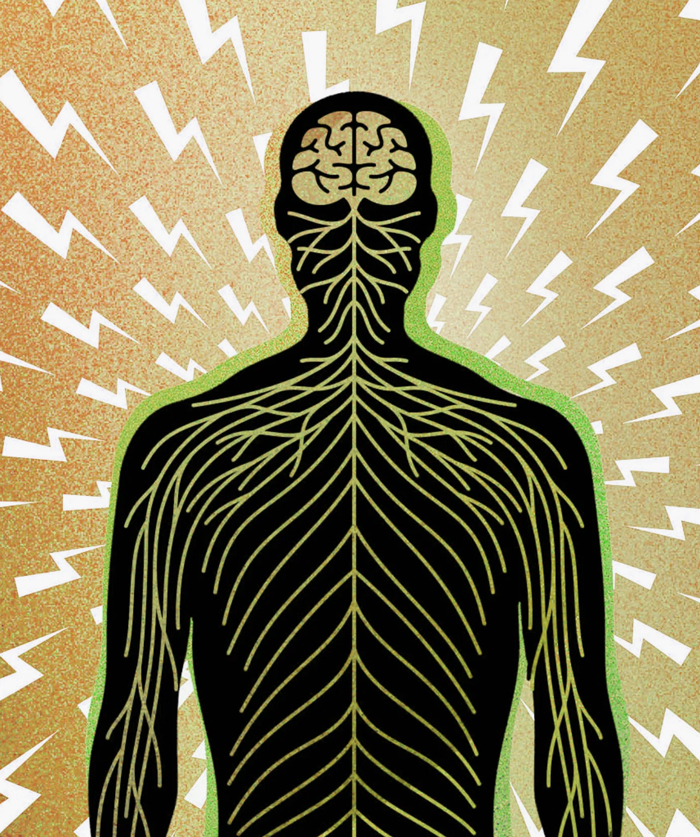Struggling with anxiety in today’s fast-paced world is increasingly common. The surge in anxiety has been exacerbated by factors like COVID lockdowns, along with high expectations in all areas of our lives from caring for our families and succeeding at work to keeping up with our health and fitness routines.
I see anxiety as a natural response, our body’s way of safeguarding us and something we can manage with the right help and practices.
How I work with clients struggling with anxiety
Through a blend of hypnotherapy and coaching, rooted in acceptance and commitment therapy (ACT). I work with clients to:
better understand anxiety and its origins
overcome the struggle with anxiety and anxious thoughts and feelings
better understand their triggers and thought patterns that lead to anxiety
I teach my clients a range of effective tools that can be used throughout their lives when they face challenges and situations that might otherwise trigger their anxiety. Where appropriate, I teach clients self-hypnosis so they can practice self-soothing in the comfort of their own homes.
For detailed insights into my approach using hypnosis to address anxiety, explore my blog article Hypnosis for anxiety – rethinking the approach.





